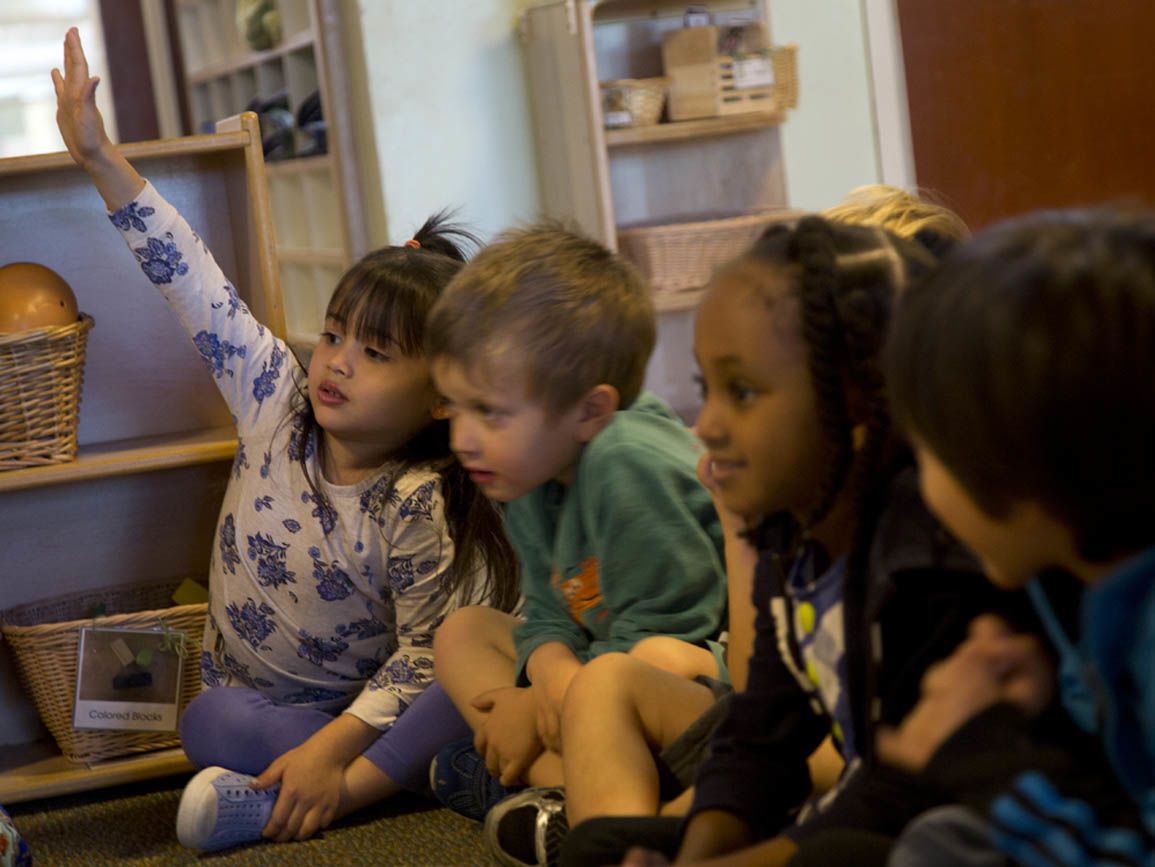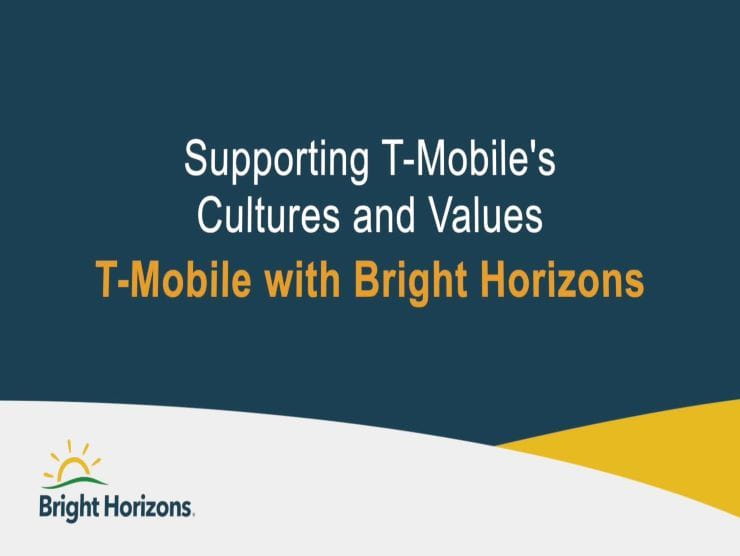Self-control has been lauded by psychologists as one of the traits most associated with success in adulthood, yet helping children develop it can seem daunting. Some children seem naturally predisposed to take a more thoughtful, restrained approach to life, but all children can (and must) learn the critical task of emotional regulation. The beginnings of self-control start in early childhood with the nurturing influence of family and teachers. In this article, we explore some simple steps parents can take to help children develop self-regulation and cultivate emotional intelligence.
Teaching Your Child How to Control Emotions
Be Reflective. Sometimes children learn the most through small, simple experiences and through our honest reflections. A simple acknowledgement from you that waiting is hard—without any judgment—can help a child become more calm and self-aware.
Read Aloud. Most parents know about the benefits of reading aloud to children in terms of literacy development, but reading aloud can also help foster social and emotional development in children. The act of snuggling together to share a story creates bonds of trust and respect which, in turn, can build a child’s capacity for resilience and self-regulation.
And when you read high-quality children’s literature, children learn valuable life lessons from the characters’ struggles and choices. These lessons soak deep into a child’s heart to be remembered and drawn upon later when the child faces similar challenges. Children can learn patience and perseverance through classics like "Mike Mulligan and His Steam Shovel" (Virginia Burton), "The Little Red Hen" (Paul Galdone), "The Empty Pot" (Demi) or "The Tale of Peter Rabbit" (Beatrix Potter). For more book ideas, try "The Read Aloud Handbook" by Jim Trelease.
Set Clear Expectations and Follow Through. One of the most common reasons for temper tantrums or challenging behavior in preschoolers is simply that they don’t know what to do or expect in a given situation. Give your child advance warning before a transition—for example, saying, “After breakfast, we need to go to the store.” Use timers, calendars, visual charts, or checklists to help your child understand your schedule and what’s happening next.
Be Consistent. You could explain, “When we go in the library, we need quiet voices and walking feet. You can choose four books.” Immediately intervene if your child forgets: “We can’t run in the library because other people are trying to read. Let’s try again. If you keep running, we will leave.” Being consistent can be hard. As parents, we’re often tired and we’re usually trying to multitask all the time. But the more consistent you’re able to be, the more quickly your child will learn to regulate his or her own behavior. As we consistently follow through, we model self-control for our children.
Make a Game of It. Stuck in line at the grocery store? Rush hour traffic making you see red? Keep a few games and self-control activities in your parental toolbox to use. Preschoolers can quickly master old favorites like I Spy, I’m Thinking of…, or What’s the Name of That Tune? Another one to try is the Fives Game. Take turns saying a number, starting with 1 and counting up. Whenever you reach a number with a five in it, clap instead of saying the number out loud. How far can you count without making a mistake? Or, see how many words you can think of that rhyme with a particular word. Say a word and clap the number of syllables you hear in it.
Acknowledge Wins. Now here’s the most important part: when you’ve successfully survived a potentially frustrating situation together, acknowledge your child’s positive efforts. For instance, you could say, “Waiting for our turn was hard, but we made the best of it, didn’t we!” Over time, your child will internalize the idea that we don’t always have control over situations, but we can control our responses.
Children develop self-control and emotional regulation over many years and only after a lot of trial and error. Model self-restraint yourself, be consistent, offer natural and logical consequences, and see mistakes as learning opportunities.
Additional Resources on Children & Self-Control:
- Learn ways to defuse your child's tantrum in public.
- Discover some ideas to help balance your child's need for independence with your need for his or her safety.
- Learn how outdoor chores can help children self-regulate their energy.
- Get tips for teaching your child patience and learn how you can make waiting fun and educational.





